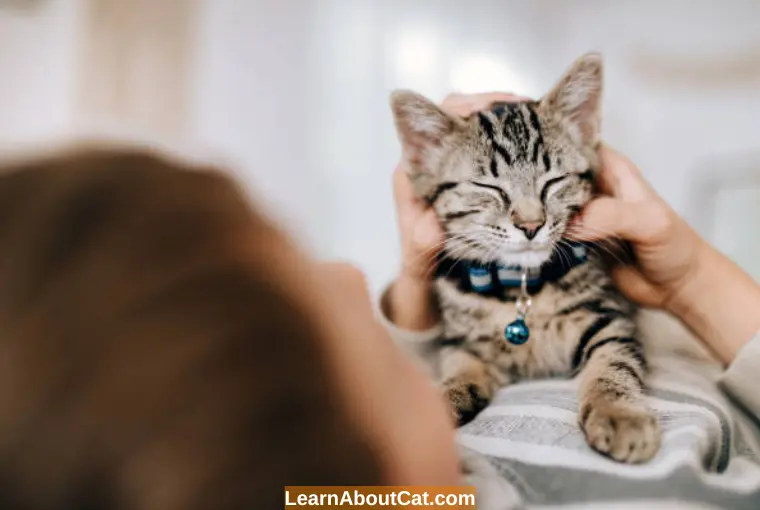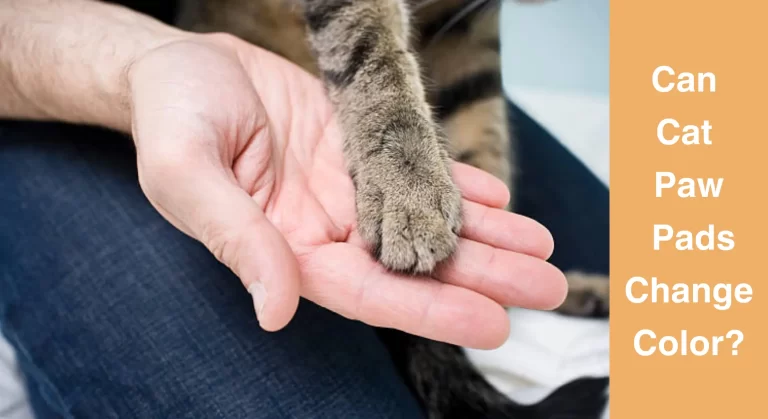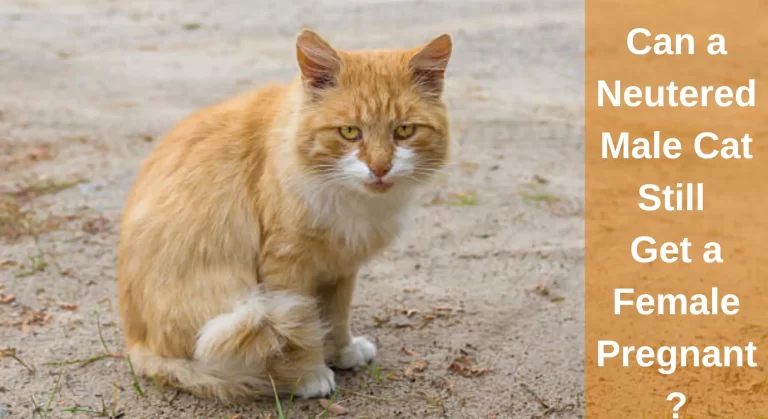Why Are Cats Not As Friendly As Dogs?
The age-old debate of which is the superior pet, cats or dogs, is still ongoing. While everyone has their preferences when it comes to their furry friends, almost everyone agrees that cats are more closed up and indifferent, whereas dogs are super enthusiastic about their owners. So why are cats not as friendly as dogs?
Cats are often perceived as less friendly than dogs due to their independent and solitary nature. Unlike dogs, which have evolved as pack animals, cats retain instincts that make them self-reliant. This independence can lead to behaviors that seem aloof or indifferent, but it’s important to understand that cats express affection in more subtle ways, which may be misunderstood as unfriendliness. However, it’s crucial to recognize that cats are fully capable of being just as friendly and affectionate as dogs, albeit through their unique expressions of love and companionship.
To understand this debate better, it’s essential to delve into the evolutionary background, communication styles, and training methods that shape these animals’ interactions with humans.

Why Do We Think Cats Are Unfriendly?
Of course, cats love their owners. So why do they seem indifferent? It is because their cues and body language are different, less subtle, and harder to read. There is no doubt that cats are also affectionate towards their owners; they just have a different way of going about it.
When a cat’s owner calls for it, its ears turn towards that direction, and its pupils dilate. It also slowly blinks, showing that it trusts you.
Also, Check Out: Disoriented Cat with Dilated Pupils: Why And How To Help
Cats also “cat kiss”, where they softly touch their mouths against their owners. They also display their affection in many other ways, such as rubbing themselves against you and sitting in your lap and purring, or even bringing you a gift, such as a dead mouse.
Even their lying around is misunderstood. If a cat is lazing around the house while you are there, it signifies that it is comfortable with you.
Find Out: Why Do People Hate Cats? All You Need To Know!
Are Dogs More Loyal Than Cats?
Dogs are often perceived as more overtly loyal than cats due to their pack mentality and strong social bonds. Dogs form deep emotional connections with their owners and are eager to please, which can be seen as a display of loyalty.
Cats, on the other hand, show loyalty in their own ways, often through consistent companionship and attachment to their owners.
Why Will Cats Probably Never Be as Domesticated as Dogs?
Cats are different creatures that live solitary lives. They hunt for food on their own and do not have a pack system like dogs do. When cats initially entered our lives way back in history, they came mainly for the perks like feeding on mice and rats that attacked crops, which benefited both humans and cats.
They did not rely on humans for food and were occasional visitors, wandering off to fulfill their needs themselves. Dogs, on the other hand, either live in packs or depend solely on humans for their survival; hence their domestication process was different.

1. Domestication Process of cat
Cats entered into our lives gradually around 10,000 years ago in the Neolithic Countryside in the Middle East. They were occasional visitors that dropped by for mice and rats, which humans benefited from and rewarded with food.
However, unlike dogs, they hunted and lived on their own. Eventually, humans picked more docile cats to be their companions, and that is where the genetic shift for domestic cats began.
Interesting Reading: Cat Myths And Misconceptions: Know The Truth
2. Communication Styles
Cats and dogs also employ contrasting communication styles. Dogs are typically more expressive, wagging their tails and seeking eye contact to convey their emotions. Cats, on the other hand, communicate through subtler means like body language, purring, and kneading.
Misunderstandings can arise when cat signals are misinterpreted as disinterest, while dogs’ direct expressions are more easily recognized.
3. Cats are Lovely too
How a cat behaves around humans depends largely on its interaction with humans from the age of 6 to 8 weeks. If a feline had a negative experience during this time, it would surely be more hostile than a cat who had a loving experience with humans.
That being said, cats are lovely creatures and pets, too; they are just often misunderstood. While dogs wear their emotions on their sleeves, cats have more subtle signs of their affection towards you.
For example, if it is glaring at you, slowly blinking, or lying around you and stretching, it is showing it loves and trusts you. Just because your cat isn’t jumping for joy when you enter the house does not mean that it adores you any less.
4. Training and Obedience
Another aspect that contributes to the perception of friendliness is the difference in training and obedience. Dogs are eager to please and can be trained to follow commands. Their loyalty and willingness to learn make them more responsive to human direction.
Cats, on the other hand, have a reputation for being resistant to training. Their independent nature can lead to a perception of disobedience, even though they may simply be following their instincts.
What are Some Misconceptions about Cat Behavior That Should be Debunked?
There are several misconceptions about cat behavior that should be debunked to better understand and appreciate these fascinating animals:
- Cats Are Aloof: While cats may appear independent, they can form deep bonds with their owners and enjoy human companionship. Their independence should not be mistaken for aloofness.
- Cats Don’t Need Social Interaction: Cats benefit from socialization and interaction with their owners. They may not be as overt in seeking attention as dogs, but they appreciate human company.
- Cats Don’t Form Strong Bonds: Cats can develop strong attachments to their owners and express their affection in various ways, such as purring, kneading, and gentle interactions.
- Cats Are Untrainable: While cats may not be as eager to please as dogs, they can be trained to perform certain behaviors with patience and consistency.
- Cats Are All the Same: Cats have diverse personalities and behaviors, which can vary greatly depending on their breed, upbringing, and individual experiences. Generalizing all cats based on stereotypes is inaccurate.
Check Out: Why Do Cats Meow Back At You When You Talk to Them?
Who Loves You More, a Cat or a Dog?
The love and affection received from cats and dogs differ in their expression and intensity. Cats and dogs have unique ways of showing love. Dogs tend to be more overt in their displays of affection and loyalty, often seeking constant interaction with their owners.
Cats, on the other hand, may express their love more subtly, through gentle purring, kneading, and spending time with their owners.
Whether a cat or a dog loves you more is subjective and depends on your individual preferences and the type of companionship you seek in a pet. Both animals can form deep, meaningful bonds with their owners.
Frequently Asked Questions
Is it true that cats are not as friendly as dogs?
This is a common myth. The truth is that cats have different ways of expressing their admiration.
Are there cat breeds that are more friendly and sociable than others?
Yes, some cat breeds, such as the Ragdoll and Siamese, are known for their sociable nature and strong bonds with humans.
Do cats feel affection for their owners even if they don’t express it as overtly as dogs?
Yes, cats can form strong bonds with their owners and feel affection, but they often express it in more subtle ways, like purring or kneading.
Do cats care if you cry?
Cats can be surprisingly perceptive to human emotions. While they may not understand the concept of crying, they can pick up on changes in your behavior and emotions. Some cats may respond to a crying human by approaching them or offering comfort in their own unique manner, such as sitting nearby or purring. However, individual cat personalities and experiences may vary.
Are cats more intelligent than dogs?
Intelligence in cats and dogs varies depending on the specific breed and individual. Both cats and dogs are intelligent in their own right. Cats are known for their problem-solving abilities and adaptability, while dogs often excel in social intelligence and can be trained for various tasks. It’s challenging to make a blanket statement about the overall intelligence of one species over the other as it varies widely.
Conclusion
It is often assumed that cats are not as friendly as dogs, whereas the truth is that cats are merely misunderstood. Granted that genetic studies show that they are semi-domesticated, it still does not mean that cats are any less affectionate. Rather, they are more subtle in how they show their love, whereas dogs are more enthusiastic. You can say that cats and dogs have different love languages.
Who is Isabella?
My name is Isabella, and I am a dedicated and knowledgeable cat enthusiast. With years of experience caring for cats and a deep love for felines, I made a mission to help other cat lovers navigate the challenges of cat ownership.






